To provide the best experiences, we use technologies like cookies to store and/or access device information. Consenting to these technologies will allow us to process data such as browsing behaviour or unique IDs on this site. Not consenting or withdrawing consent, may adversely affect certain features and functions.
The technical storage or access is strictly necessary for the legitimate purpose of enabling the use of a specific service explicitly requested by the subscriber or user, or for the sole purpose of carrying out the transmission of a communication over an electronic communications network.
The technical storage or access is necessary for the legitimate purpose of storing preferences that are not requested by the subscriber or user.
The technical storage or access that is used exclusively for statistical purposes.
The technical storage or access that is used exclusively for anonymous statistical purposes. Without a subpoena, voluntary compliance on the part of your Internet Service Provider, or additional records from a third party, information stored or retrieved for this purpose alone cannot usually be used to identify you.
The technical storage or access is required to create user profiles to send advertising, or to track the user on a website or across several websites for similar marketing purposes.
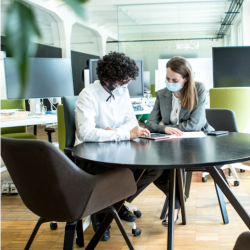 LifeWorks has released its monthly Mental Health Index report, highlighting a negative mental-health score among Britons for the 17th consecutive month. The report findings highlight an overall mental-health score of -10.7 compared to the pre-pandemic benchmark, reaching its highest point since the launch of the index in April 2020. (more…)
LifeWorks has released its monthly Mental Health Index report, highlighting a negative mental-health score among Britons for the 17th consecutive month. The report findings highlight an overall mental-health score of -10.7 compared to the pre-pandemic benchmark, reaching its highest point since the launch of the index in April 2020. (more…)




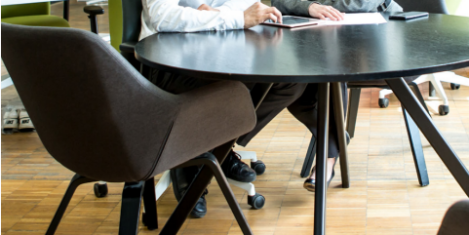


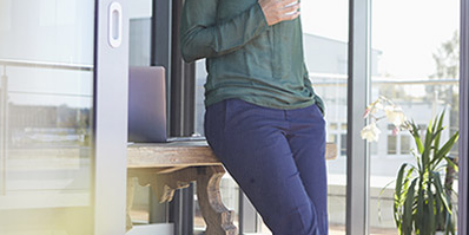
 Eighteen months since nationwide shutdowns, the global surge in COVID-19 cases is exacerbating the onset of virtual fatigue for many employees according to
Eighteen months since nationwide shutdowns, the global surge in COVID-19 cases is exacerbating the onset of virtual fatigue for many employees according to 
 According to
According to 
 Research from
Research from 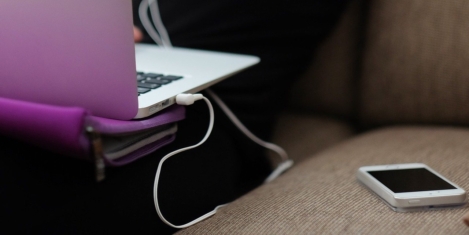
 Hybrid working could bring nearly four million people “locked out” from work such as parents, carers and disabled people into the workforce and enable part-time workers to work more hours adding £48.3bn to the UK economy each year, according to a new study by
Hybrid working could bring nearly four million people “locked out” from work such as parents, carers and disabled people into the workforce and enable part-time workers to work more hours adding £48.3bn to the UK economy each year, according to a new study by 
 Huge changes in the world of work over the past 30 years have led to people having a greater attachment to their work, but also rising levels of stress and falling levels of control, which has coincided with low earners losing their ‘job satisfaction premium’ over higher paid colleagues, according to new research from think tank the
Huge changes in the world of work over the past 30 years have led to people having a greater attachment to their work, but also rising levels of stress and falling levels of control, which has coincided with low earners losing their ‘job satisfaction premium’ over higher paid colleagues, according to new research from think tank the 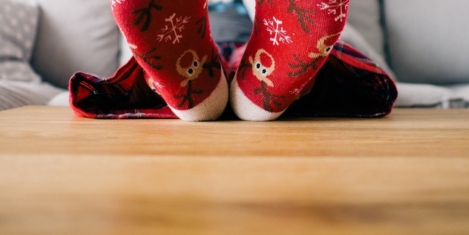


 Almost half of UK employees would not talk to their employer if they were experiencing a health issue, having a detrimental impact on business performance and culture, according to new research from
Almost half of UK employees would not talk to their employer if they were experiencing a health issue, having a detrimental impact on business performance and culture, according to new research from 


 The company of your work friends can make a long day fly by, with many of us finding long lasting friendships in the workplace. To find out more about how much people love their colleagues,
The company of your work friends can make a long day fly by, with many of us finding long lasting friendships in the workplace. To find out more about how much people love their colleagues, 
 New research from
New research from 






